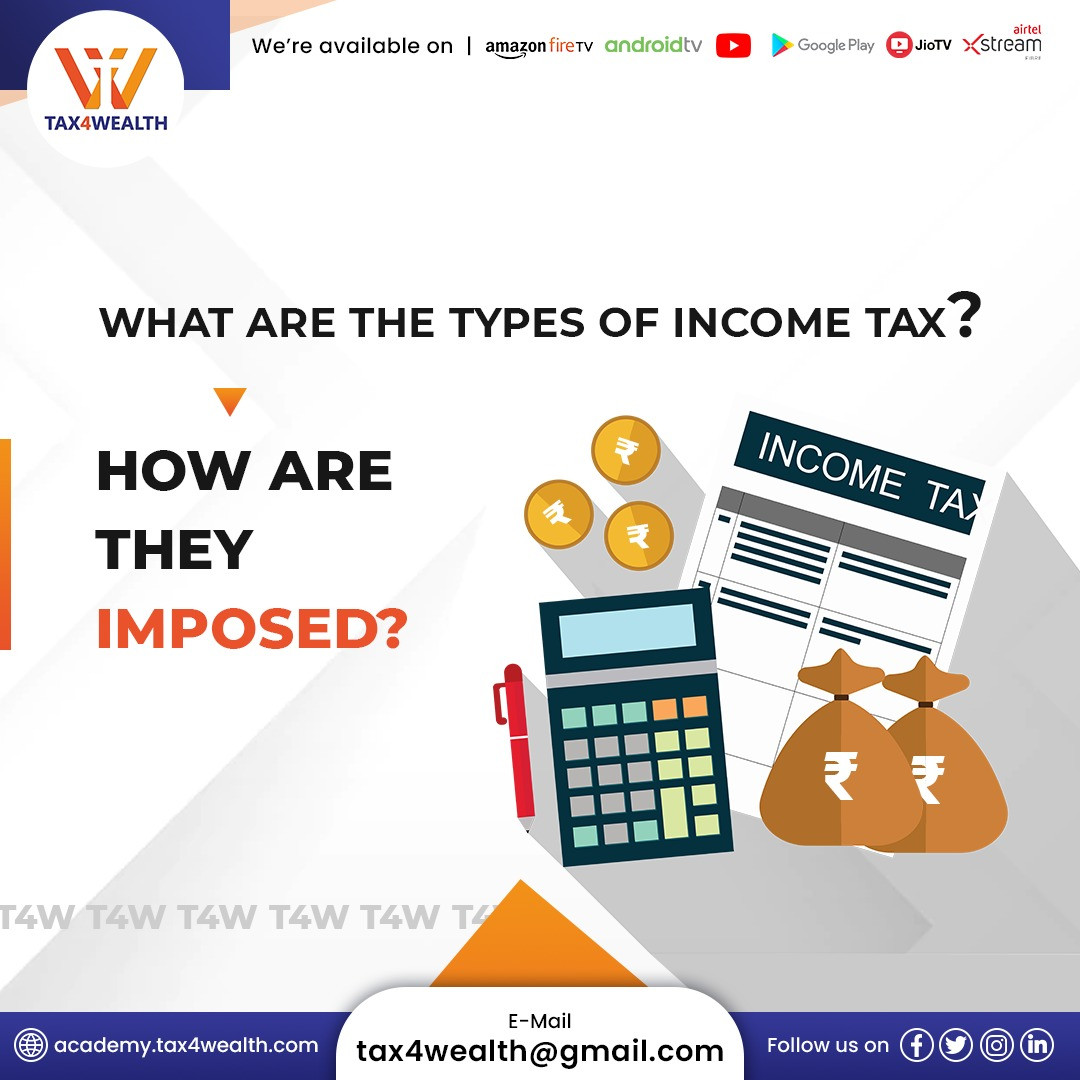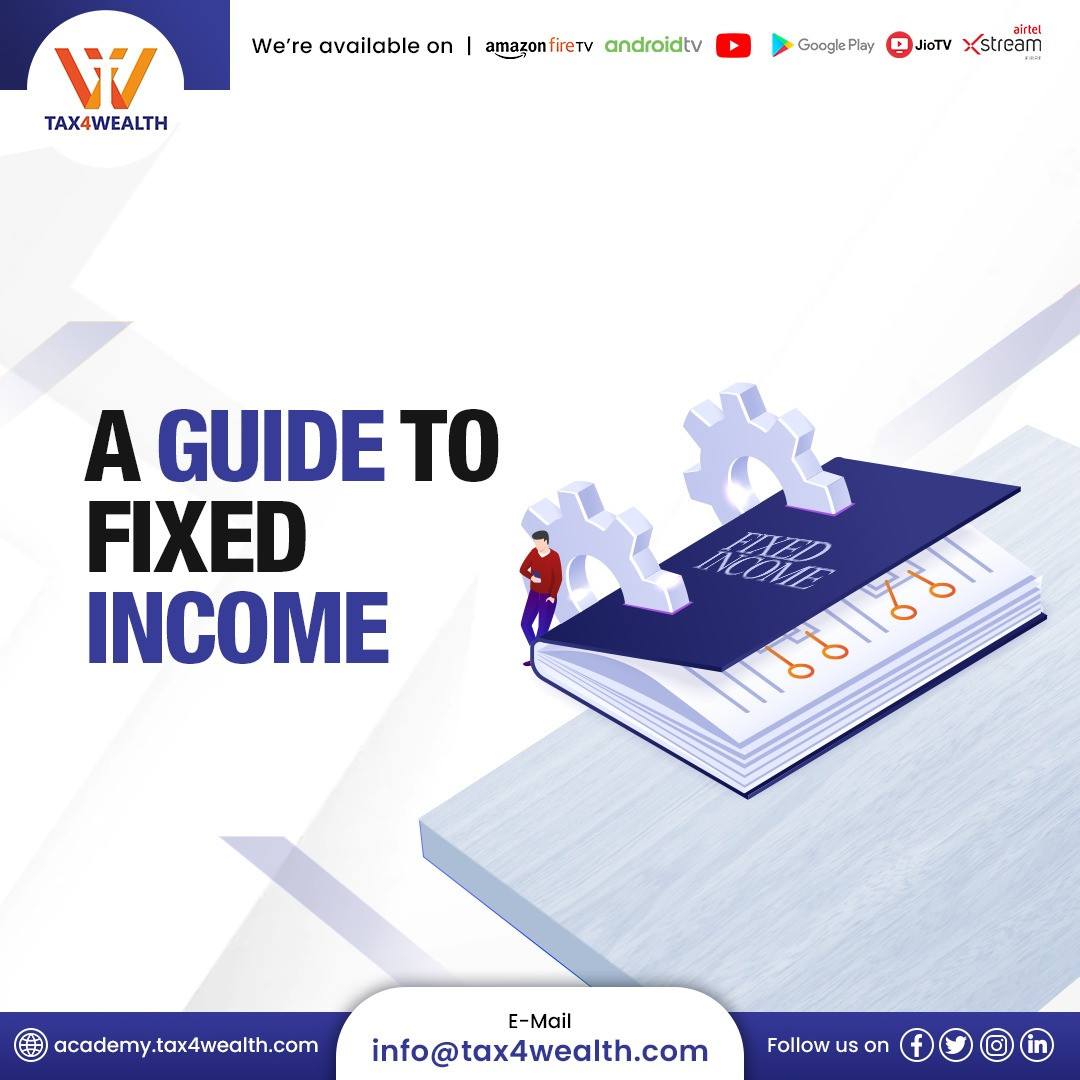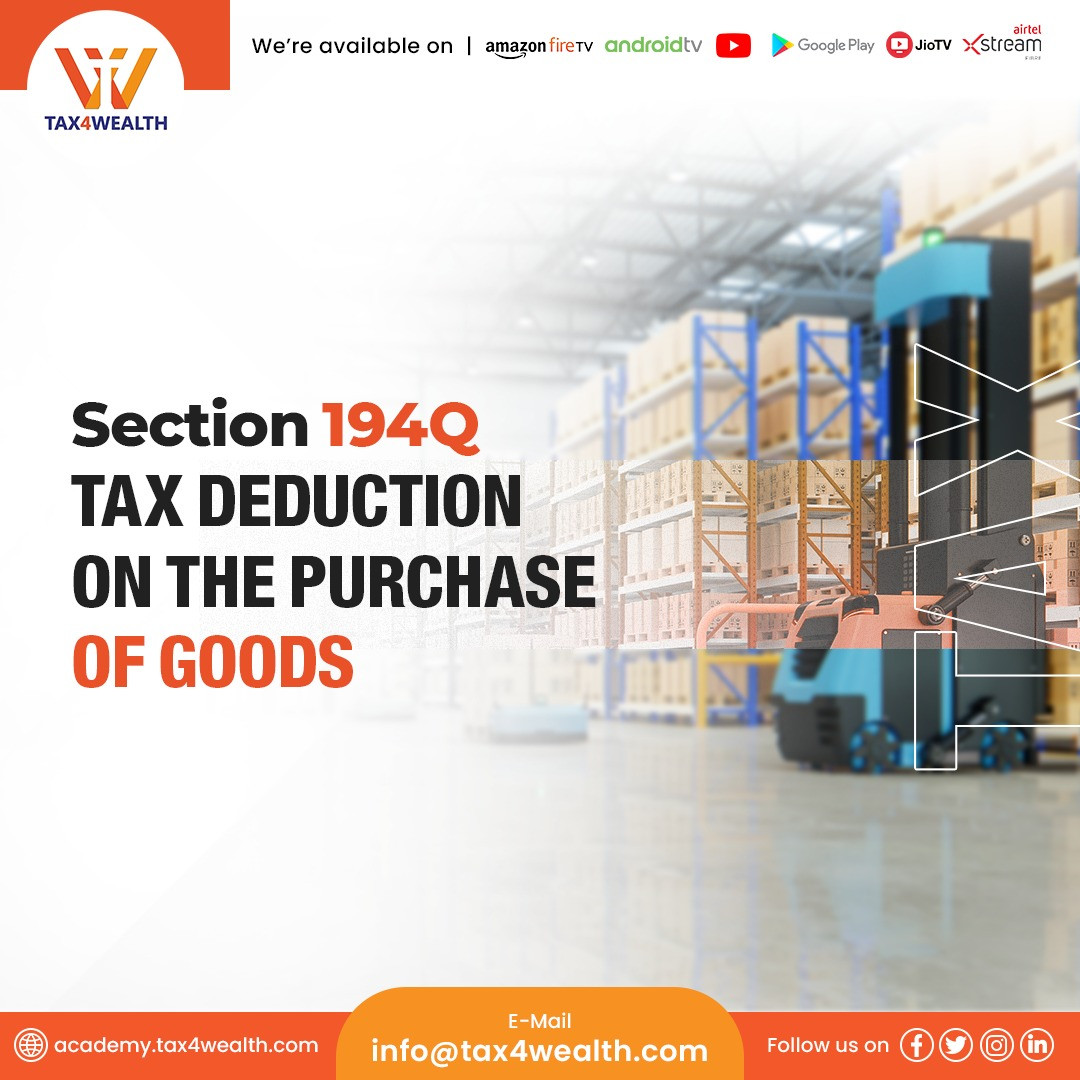
What are The Types of Income Tax? How are They Imposed?
What is Tax?
Taxes are termed as a compulsory contribution made via way of means of people or companies falling under the tax slab, to the Government of India. From nearby to national, taxes are relevant at all stages in India and are taken into consideration to be one of the foremost assets of earnings for the Government.
The authorities levy taxes on the residents of the country to provide income for commercial enterprise projects, enhance the country’s economy, and raise the usual of residing of the nationals. The government’s authority to levy tax in our country is drawn from the Constitution of India which offers the supremacy to levy taxes to the State in addition to Central governments. All the taxes levied withinside the country require being subsidized via way of means of an escorting regulation handed via way of means of the State Legislature or the Parliament.
Types of Taxes:
In broader terms, there are styles of taxes namely, direct taxes and oblique taxes. The implementation of each tax differs. You pay a number of them at once, just like the cringed earnings tax, company tax, wealth tax, etc., even as you pay a number of the taxes indirectly, like income tax, carrier tax, value-delivered tax, etc.
- Income Tax
- Capital Gains Tax
- Securities Transaction tax
- Perquisite Tax
- Corporate Tax
- Indirect Taxes
- Sales Tax
- Service Tax
- Customs Duty and Octroi (on Goods)
- Excise Duty
- Value Added Tax (VAT)
However, aside from those conventional taxes, there are different taxes additionally, that have been affected to serve a selected timetable via way of means of the country's Central Government. ‘Other Taxes’ are imposed on each of the taxes, direct and indirect tax just like they released Swachch Bharat Cess Tax, Infrastructure Cess Tax, and Krishi Kalyan Cess Tax amongst others.
What Is Direct Tax?
As said earlier, you pay those taxes immediately. The authorities levy such taxes immediately on a character or an entity and that they cannot get transferred to another character or entity. There is best one such federation that winks on the direct taxes, i.e., the Central Board of Direct Taxes (CBDT) ruled via way of means of the Department of Revenue.
Types of direct taxes in India:
Income Tax Act:
Income Tax Act is likewise referred to as the IT Act, 1961. Income Tax in India is ruled via way of means of the guidelines by this act. The profits taxed via way of means of this act may be generated from any supply consisting of profit obtained from salaries and investments, owning assets or a house, a business, etc.
Wealth Tax Act:
The Wealth Tax Act got here into impact in the year 1951 and is in charge of the taxation connected with a character’s internet wealth, a Hindu Unified Family (HUF), or an agency.
Gift Tax Act:
This Act become delivered into lifestyles in the year 1958 and confident that if someone obtained presents or presents, valuables, or money, he has to pay a tax on the one’s presents. The tax at the aforementioned presents become sustained at 30 percentage however it becomes positioned to an end in the year 1998. Originally, if a present becomes given, it becomes particularly like shares, jewelry, assets, etc.
Expenditure Tax Act:
The Expenditure Tax Act got here into lifestyles in the year 1987 and copes with the expenditure made via way of means of you, as someone, can also additionally incur even as you avail the offerings of an eating place or a hotel.
Interest Tax Act:
This Act of 1974 copes with the tax, which becomes chargeable on hobbies produced in a few precise situations. In the Act’s closing amendment, it miles said that this act does now no longer follows to hobby earned after March 2000.
Capital Gains Tax:
Capital Gains Tax is payable every time you get a tremendous sum of money. It may be from the sale of any assets or investment. This is typical of 2 types of capital gains, this is:
1. Long-period Capital Gains
2. Short period Capital Gains
Securities Transaction Tax:
It isn't a difficult nut to crack to understand approximately the right buying and selling at the inventory market, and change securities, you live nevertheless to make an in-depth sum of money. This too is a mine of profits, however, has its tax this is referred to as the Securities Transaction Tax.
Perquisite Tax:
Perquisites are all of the privileges and perks that the employers would possibly pull out to the employees. These civil liberties can also additionally consist of a vehicle furnished to your use or a house, given via way of means of the agency. These perquisites aren't simply restricted to massive compensations consisting of homes or cars; they'll even consist of matters consisting of repayment for phone payments or fuel.
Corporate Tax:
The income tax an agency will pay from the sales earned via way of means of its miles is referred to as a corporate tax. The corporate tax additionally has a slab of its own, which makes a decision on the quantity of tax to be paid. The agency’s profits are dealt with one after the other from the shareholder’s dividend under the corporate tax and are levied on home corporations in addition to overseas corporations.
What is Indirect Tax?
The taxes levied on items and offerings are called oblique taxes. They are distinctive from direct taxes as they may be now no longer imposed on a man or woman who shells out them at once to the Indian authorities, they may be, as an alternative, imposed on the goods and an intermediary, the individual promoting the product, collects them. The maximum trivial examples of oblique taxes are Sales Tax, Taxes levied on imported items, Value Added Tax (VAT), etc. Such taxes are imposed by summating them with the fee of the services or products this is possible to push the fee of the product up.
Types of Indirect Taxes:
Sales Tax:
The tax imposed at the sale of any product is known as sales tax. This product can be either produced in India itself or imported and also can cover offerings provided. The income tax is levied at the product’s supplier who then passes it to the man or woman who buys the stated product with this tax summated to the product’s fee.
Service Tax:
Like income tax, the provider tax is likewise summated to the fee of the product bought withinside the country. It isn't charged on items however at the groups that provide offerings and as soon as each region or each month it's far gathered at the manner offerings are offered.
Goods and Service Tax-GST:
The Goods and Service Tax is the largest reform withinside the shape of Indirect Tax in India for the reason that marketplace commenced unlocking 25 years back. The items and offerings tax is an intake-primarily based total tax due to the fact it's far chargeable in which the intake is taking place.
Value Added Tax:
VAT, popularly referred to as industrial tax isn't chargeable for the commodities, which can be zero-rated for meals and important pills or the ones falling below exports. VAT is imposed at all the steps of the delivery chain, from producers to sellers to vendors to the end-user.
Customs Duty and Octroi:
When you purchase whatever that calls for being imported from abroad, you've implemented a rate on it and this is referred to as the customs obligation. It is implemented for all the goods, which are available through air, sea, or land. Octroi is meant to ensure that the products traversing the country's borders interior India are correctly taxed. The country authorities levy this and feature it in nearly the equal manner because of the customs obligation.
Excise Duty:
The excise obligation is this type of tax this is imposed on all of the synthetic items or the produced items in India. This tax varies from customs obligation as it's far chargeable best at the matters which can be produced in India and is likewise known as the Central Value Added Tax or CENVAT.
No comments yet, Be the first to comment.













